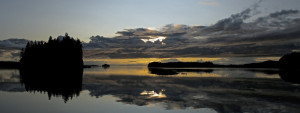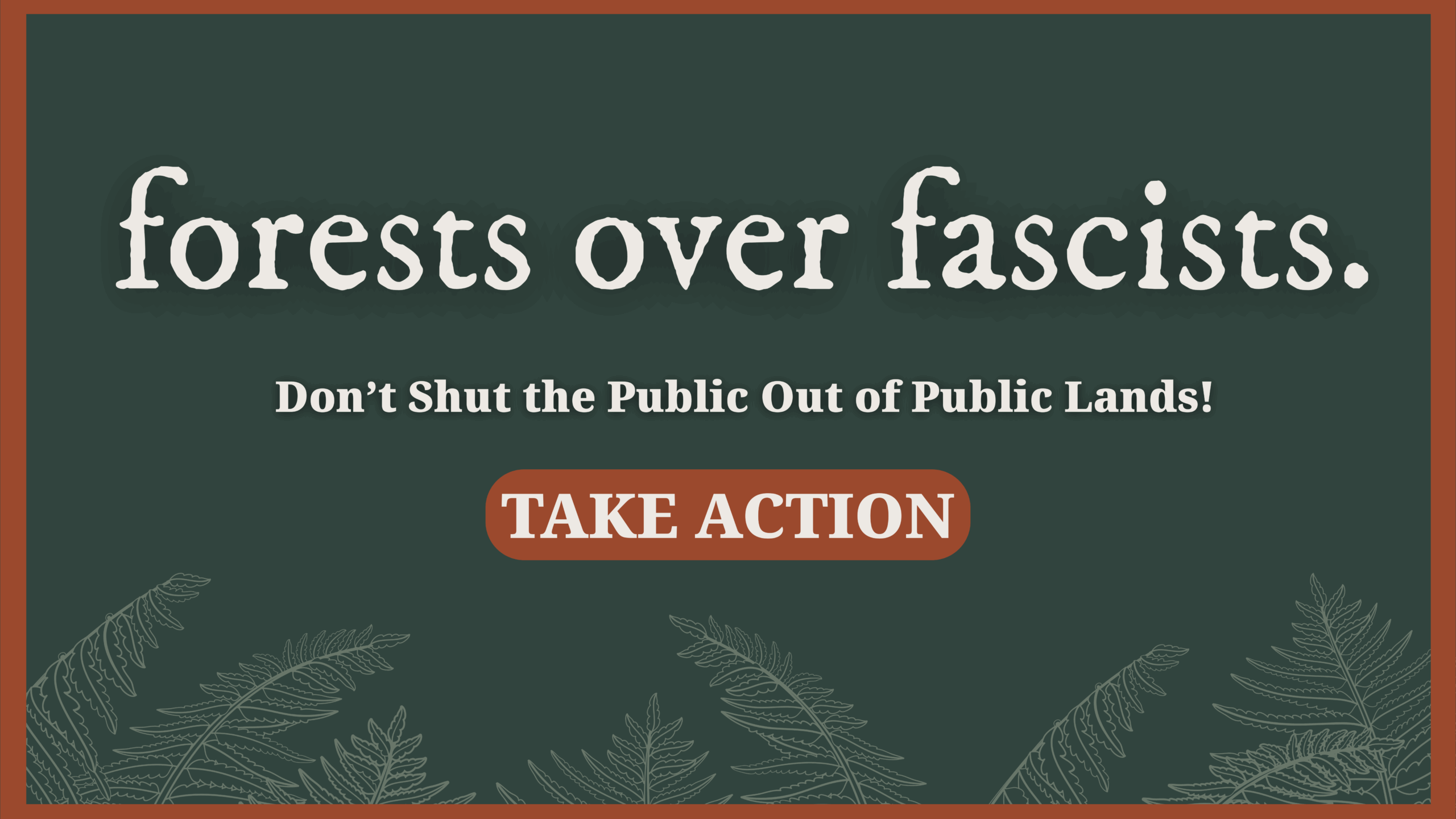Cascadia Wildlands yesterday filed suit against the Forest Service challenging approval of the Mitkof Island timber sale, a 4,117-acre old-growth logging project on the Tongass National Forest, near Petersburg in Southeast Alaska.
This lawsuit comes close on the heals of our challenge to the Big Thorne timber sale, another big old-growth sale that is currently on appeal before the 9th Circuit. These cases, along with a proposed revision to the overarching Forest Plan, represent a critical turning point on the Forest.
Long story short, the era of profitable old-growth logging is over, but the Forest Service and a handful of influential logging industry die-hards have been working overtime trying to prop it back up. Timber sales like this one on Mitkof Island are a last gasp of a dying industry.
The industry is dying—there is little doubt about that—but the question is whether it will leave enough healthy forest behind to sustain the wildlife and subsistence opportunities that rural Alaskans have traditionally enjoyed. The ecosystem is at a tipping point.
Mitkof Island is a microcosm for the legacy of Tongass logging and habitat loss. Extensive areas have been clearcut on the National Forest, and (even worse) clearcutting on adjacent privately owned land.
One result is that the local deer population has crashed and is not recovering. Without enough old-growth providing shelter, the herd starves in winter. Petersburg residents no longer can go hunting out their back door.
And, the result of that is that the State of Alaska is pursing ‘predator control,’ aiming to cull the wolf population by 80%. Without adequate habitat, the whole predator-prey system (of which humans are a part) comes crashing down.
In spite of huge controversy, on Mitkof the Forest Service determined that their logging project would have “no significant impact” on the environment, so conducted only a cursory environmental review. This is rare, and extraordinary. As the environmental consequences intesify, why would the agency be paying less attention to them?
Contrary to that claim, our lawsuit catalogues a number of significant impacts:
-
Loss of winter habitat for deer, further stressing the local population;
-
Harm to subsistence hunters, particularly low-income residents who cannot afford to travel to distant islands for deer;
-
Threats to the Alexander Archipelago wolf, which is currently being considered for protection under the Endangered Species Act, from loss of deer habitat and the likelihood of increased trapping;
-
Damage to the Queen Charlotte goshawk, a raptor that relies on old-growth forest.
As Rebecca Noblin, the Alaska director for our co-plaintiff Center for Biological Diversity, said, “I suppose that if you don’t look for problems then you’re not going to find them.”
The case was filed on behalf of Cascadia Wildlands, Greater Southeast Alaska Conservation Community, Greenpeace, Center for Biological Diversity, and the Alaska Wildlife Alliance, in federal district court in Anchorage. Cascadia’s staff attorneys are joined by the superhero lawyers at CRAG law center arguing the case.
You can read a copy of the suit here.



